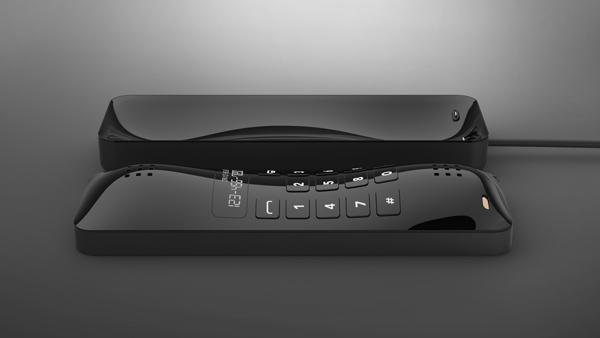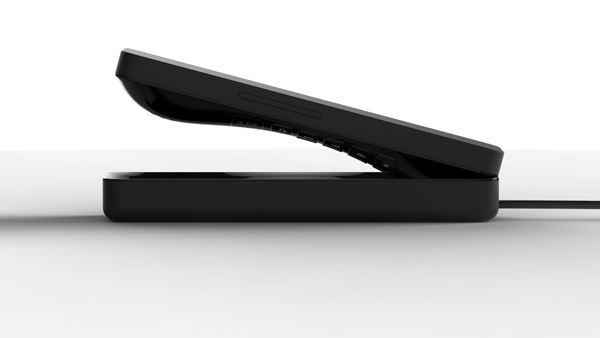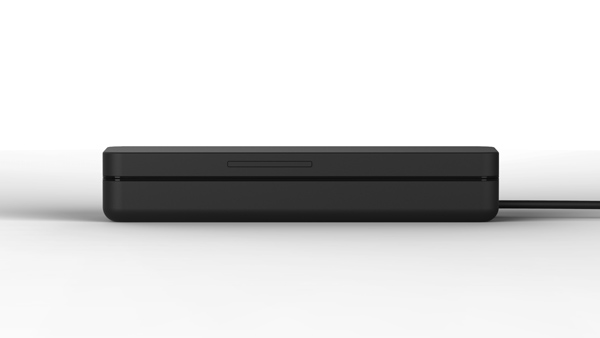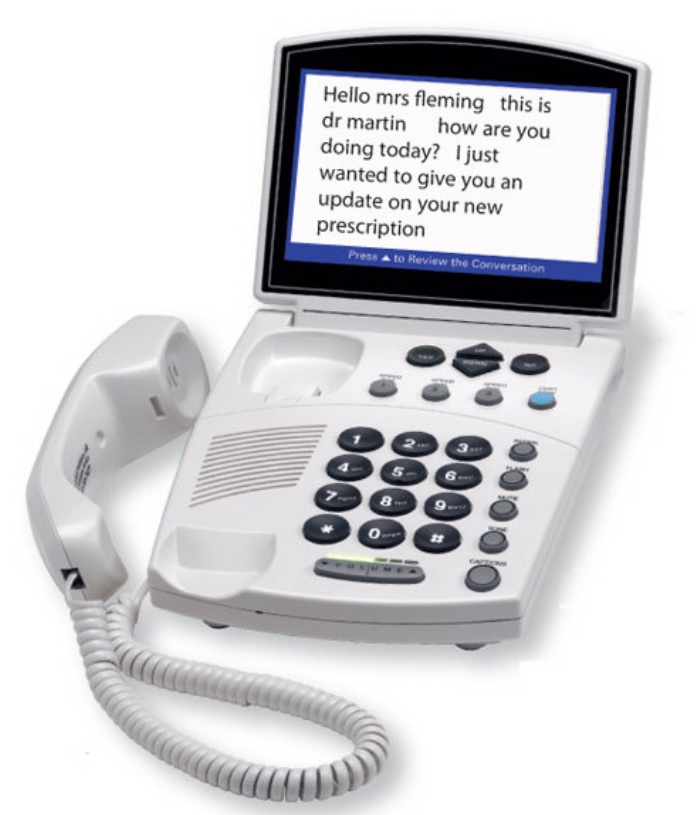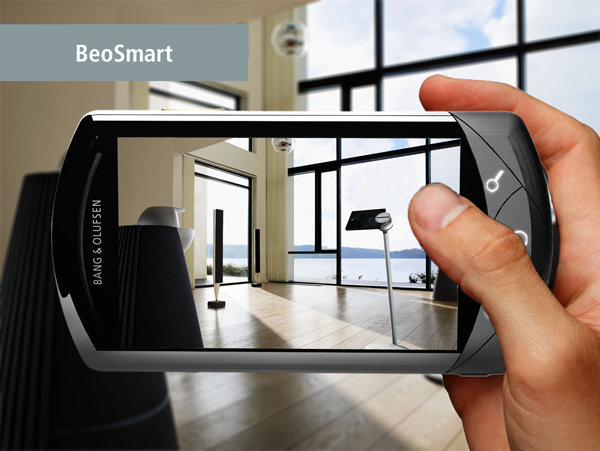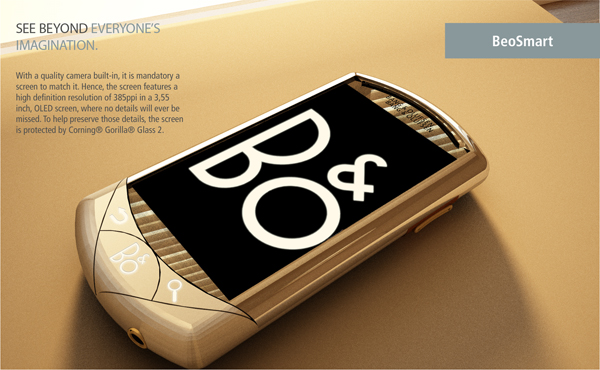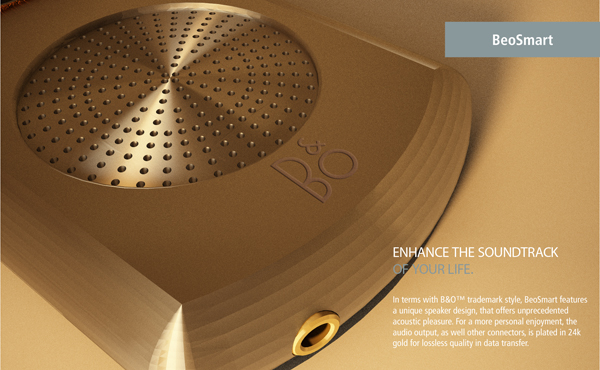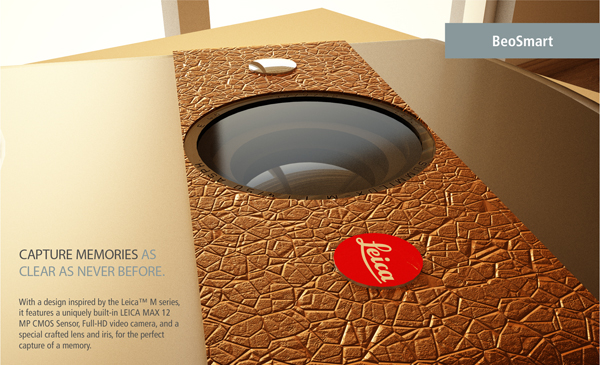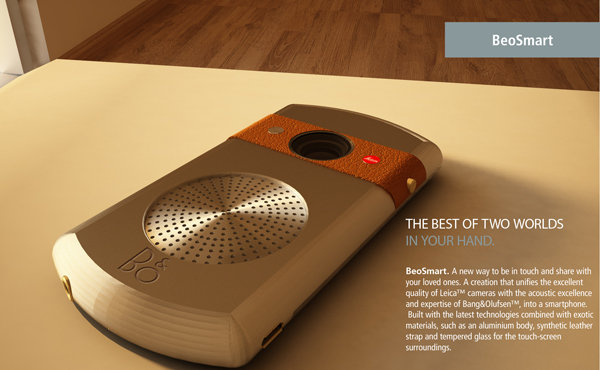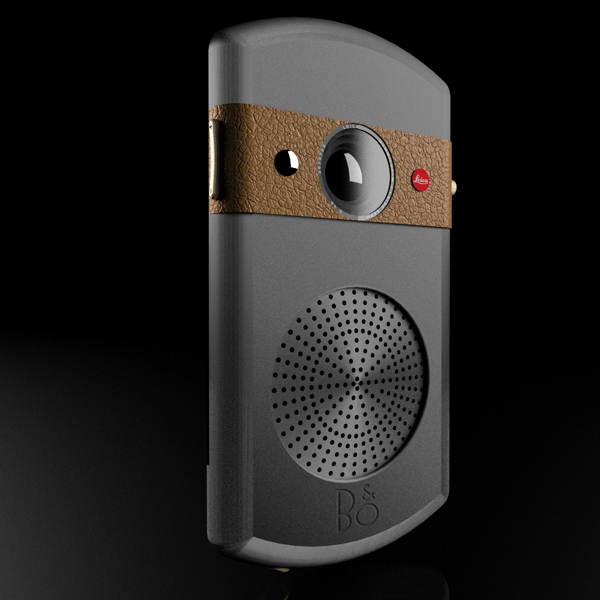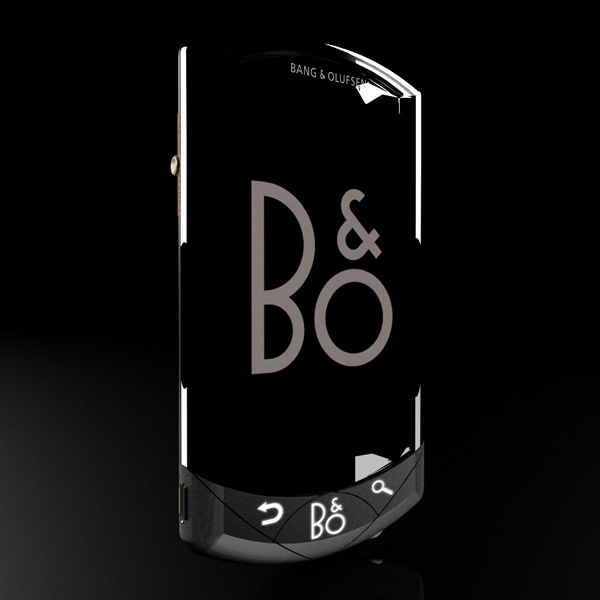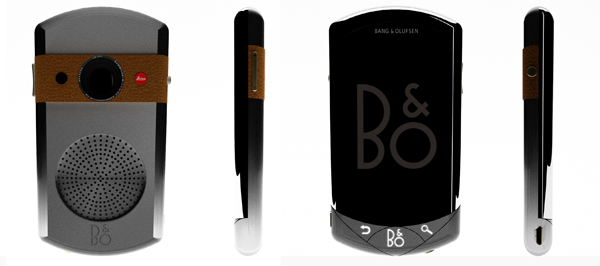
You can't completely pigeonhole Skype when it serves both as a partial substitute for traditional phone service and an instant messaging service with voice and video on top. Unfortunately, French telecom regulator ARCEP doesn't trade in ambiguities. It's launching an investigation into Skype after the Microsoft-owned division reportedly ignored requests to register itself as a telecom provider in the country. The authority is concerned that Skype is offering phone service without following local laws, including requirements to offer emergency calls and avenues for legal wiretaps. We've reached out to Skype for its side of the story, although there's no certainty that ARCEP will have to take action, regardless -- Skype has long disclaimed that it's not a full phone replacement and won't work for true emergencies. If France asks for compliance, however, Skype may have to either solve a seemingly unsolvable problem or face withdrawing at least some of its services. We wouldn't count on always having VoIP in Versailles.
Update: A Skype spokesperson answered back, and the company's view is clear: it doesn't believe that its service fits the definition of a communication provider under French law and thus doesn't have to be registered. Skype adds that it's been talking with ARCEP and plans to keep that up in a "constructive" fashion, although there clearly hasn't been much progress on that front. Read the full response after the break.
[Image credit: Alexandre Vialle, Flickr]
Filed under: Internet, Microsoft
Comments
Via: New York Times
Source: ARCEP (translated)

